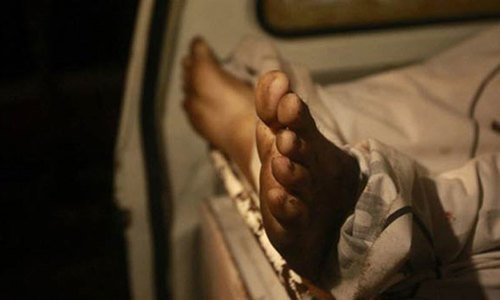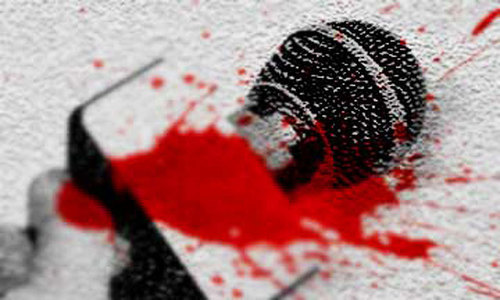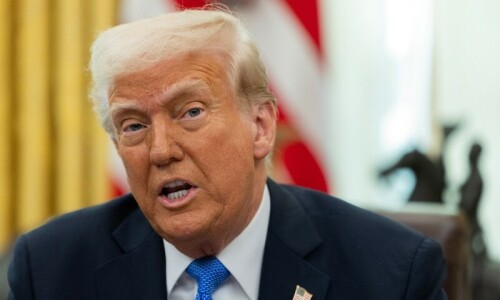Indian activists, politicians and journalists demanded a full investigation on Wednesday into the murder of Gauri Lankesh, a newspaper editor and outspoken critic of the ruling Hindu nationalist party whose death has sent shockwaves through the industry.
The 55-year-old, who was shot dead by three unknown gunmen on a motorcycle as she entered her home in the southern city of Bangalore in Karnataka state late Tuesday, was a fierce critic of Prime Minister Narendra Modi's right-wing government.
Police found Lankesh dead on her front porch with bullet wounds to her head and chest. The killers fled and no arrests have yet been made.
The Editors Guild of India said her death was “an ominous portent for dissent in democracy and a brutal assault on the freedom of the press”, calling for a swift and thorough investigation.
India has a historically poor record on journalists' safety, although most deaths occur in remote rural areas away from the major urban centres.
But critics of Modi's government say dissent is being stifled as nationalist sentiment grows in the world's largest democracy.
In April, Reporters Without Borders ranked India 136th of 180 countries in its world press freedom ratings, blaming “Hindu nationalists trying to purge all manifestations of 'anti-national' thought from the national debate”.
The press freedom group says 25 journalists have died in India since 2010.
The latest death follows the assassinations of vocal Indian secularists including M.M. Kalburgi, who was shot dead in 2015 in Karnataka, allegedly by Hindu radicals.
Lankesh was a target of right-wing trolling on social media and had complained of facing “rabid hate” that made her fear for free speech in India.
Last year she was found guilty of defaming a lawmaker from Modi's Bharatiya Janata Party (BJP) in a 2008 article about alleged corruption. She was appealing against the conviction.
“The murder must be investigated effectively and with urgency,” the All India Democratic Women's Association said in a statement.
Lankesh's murder was a “grim indicator of the intolerance and violence that have been let loose by the increasing influence of right wing forces in the country”, it added.
Human Rights Watch's South Asia director, Meenakshi Ganguly, called on politicians to “condemn violence over beliefs”.
“Dissent, engaging with criticism, are strengths of a democracy, but in India, they are being drowned by allegations of causing offence to faith or nation,” she told AFP.
Colleagues, activists and friends gathered in cities around the country on Wednesday to protest Lankesh's death and demand justice.















































